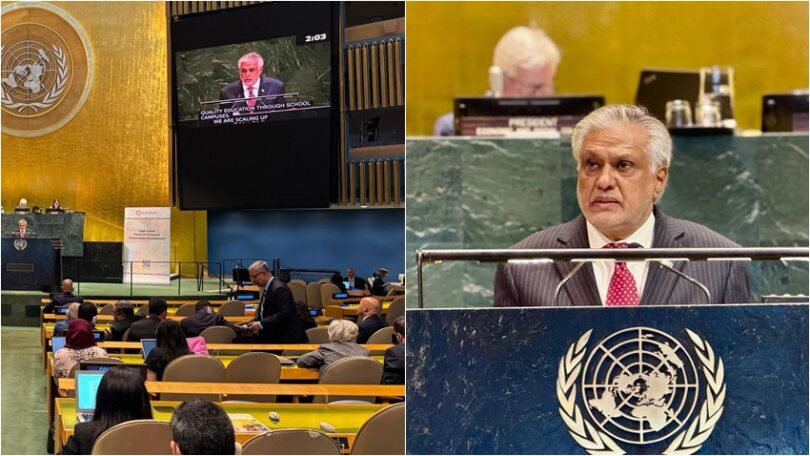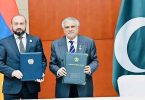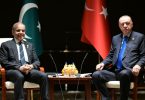F.P. Report
NEW YORK: Deputy Prime Minister and Foreign Minister Ishaq Dar says Pakistan remains fully committed to achieving the 2030 Agenda for sustainable development despite challenges.
He expressed these views during his address at the General Debate of the High-Level Political Forum on Sustainable Development Ministerial Segment in New York today.
He said, with just five years remaining to 2030, only 35% of the SDGs are on track. Ishaq Dar said the compounding effects of the pandemic, the food, fuel, and finance crises, as well as intensifying climate impacts, have reversed the hard-won development gains and deepened inequalities.
He said Pakistan’s national development strategies, such as Uraan Pakistan are aligned with the SDGs.
The Deputy Prime Minister said Pakistan’s social protection initiatives, including the Benazir Income Support Programme and Benazir Nashonuma are designed to ensure no-one is left behind.
He said, to harness the potential of our youth, the government have launched the Digital Youth Hub and are expanding access to quality education through Danish Schools and new university campuses.
Highlighting the government’s efforts to tackle the climate change, he said Pakistan is scaling up climate action, targeting 60% renewable energy by 2030, and enhancing resilience through initiatives such as Recharge Pakistan and the Living Indus.
He said the government has also undertaken key macroeconomic reforms to stabilize our fiscal outlook and make the investment climate even more attractive. The Special Investment Facilitation Council is channeling direct foreign investment in priority sectors.
Ishaq Dar said that, while national efforts are essential, these cannot succeed in isolation and deep reform of the international financial architecture is critical for implementing the SDGs.
He said developing countries need scaled up access to concessional and grant-based resources, meaningful debt relief, and scaled-up climate finance in order to bridge the SDG Financing Gap.
The DPM said that the Compromiso de Seville, adopted at the Fourth International Conference on Financing for Development, offers a clear roadmap. Its implementation must begin without delay.







